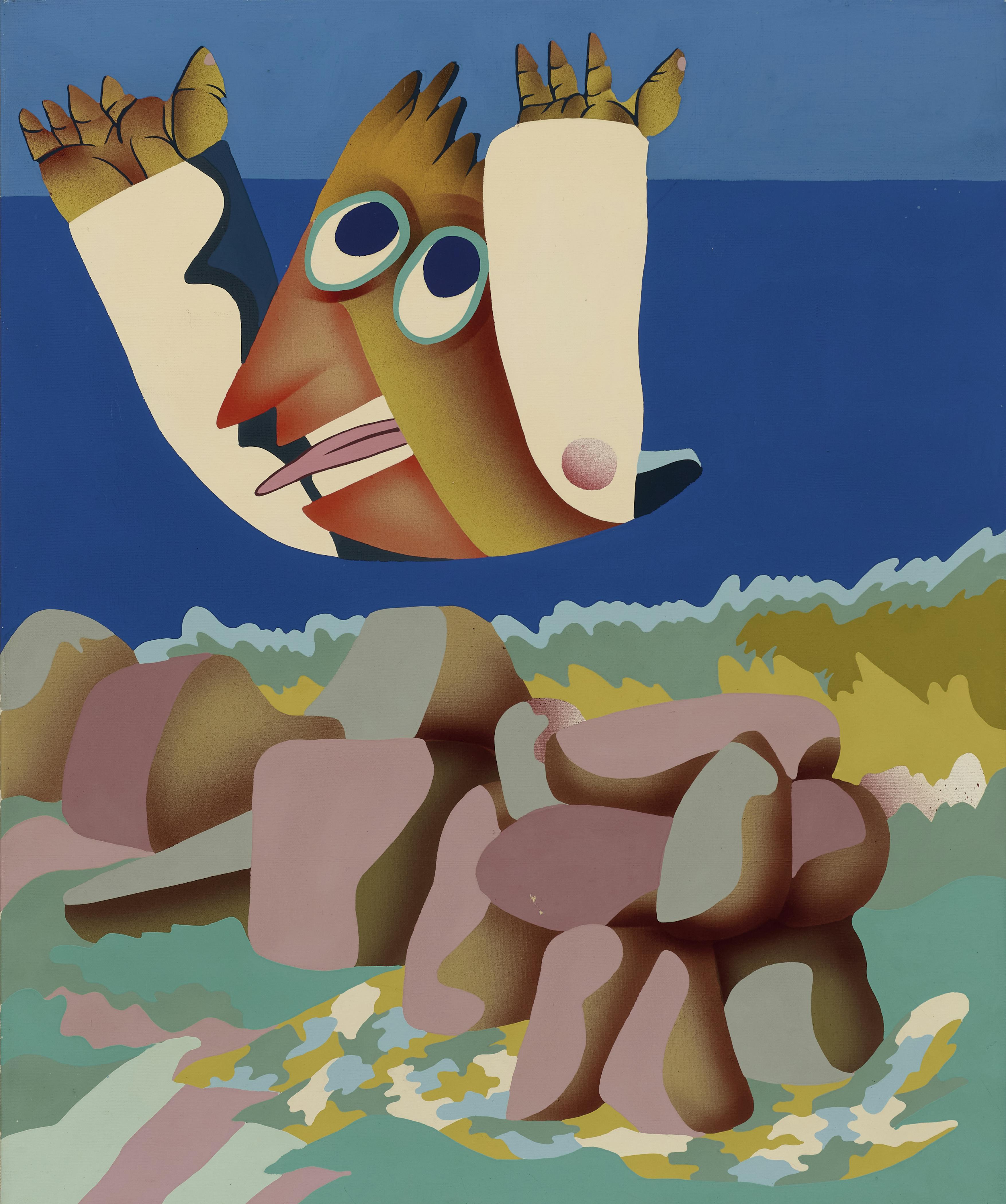The Institute for Studies on Latin
American Art (ISLAA) supports the study
and visibility of Latin American art.
Explore a pivotal period in the life of Luis Fernando Benedit as he experimented with themes of ecology and systems of control in the context of the vibrant avant-gardes and harsh sociopolitical changes in Argentina.
The exhibition marks the first time the Venezuelan documentary Trans is shown in New York City.
Georgina Gluzman reviews the career of Mariette Lydis while reflecting on the artist's role as the narrator of her own trajectory.
The second edition of our ISLAA-ALAA Encuentro for Latin American and Latinx Art at CAA is an opportunity to further strengthen the bonds within our communities through both a keynote lecture and a reception.

Luis Fernando Benedit: Invisible Labyrinths
This exhibition explores a pivotal period of work by Luis Fernando Benedit, highlighting his radical exploration of ecology and systems of control.

Dueñas de la Noche: Trans Lives and Dreams in 1980s Caracas
This exhibition, featuring the 1982 documentary Trans by Manuel Herreros de Lemos and Mateo Manaure Arilla, provides an intimate look at a group of Venezuelan trans women’s experiences, aspirations, and community.

Desire, Mystery, Devotion: On Mariette Lydis’s Trajectory
Georgina Gluzman reviews the career of Mariette Lydis while reflecting on the artist's role as the narrator of her own trajectory.

Second ISLAA-ALAA Encuentro for Latin American and Latinx Art at CAA
ISLAA and ALAA are pleased to announce the second annual ISLAA-ALAA Encuentro for Latin American Art during the College Art Association (CAA) 113th Annual Conference.
PUBLICATIONS
EDITORIALS
Tue–Sat: 12–6 PM Sun–Mon: Closed
Tue–Sat: 12–6 PM Sun–Mon: Closed





